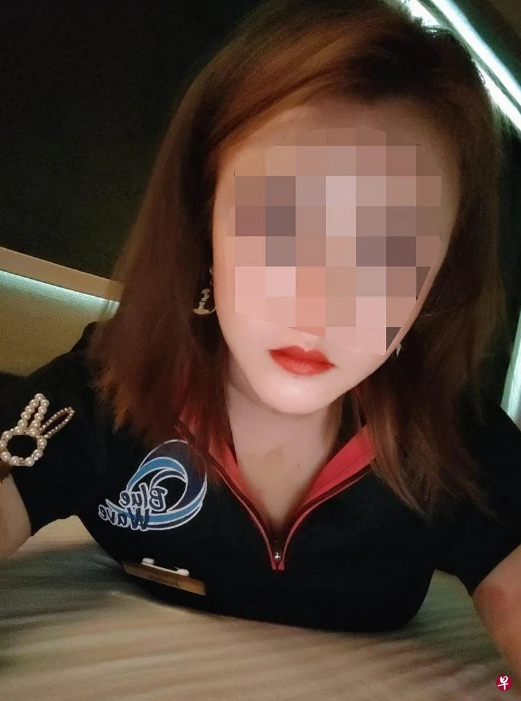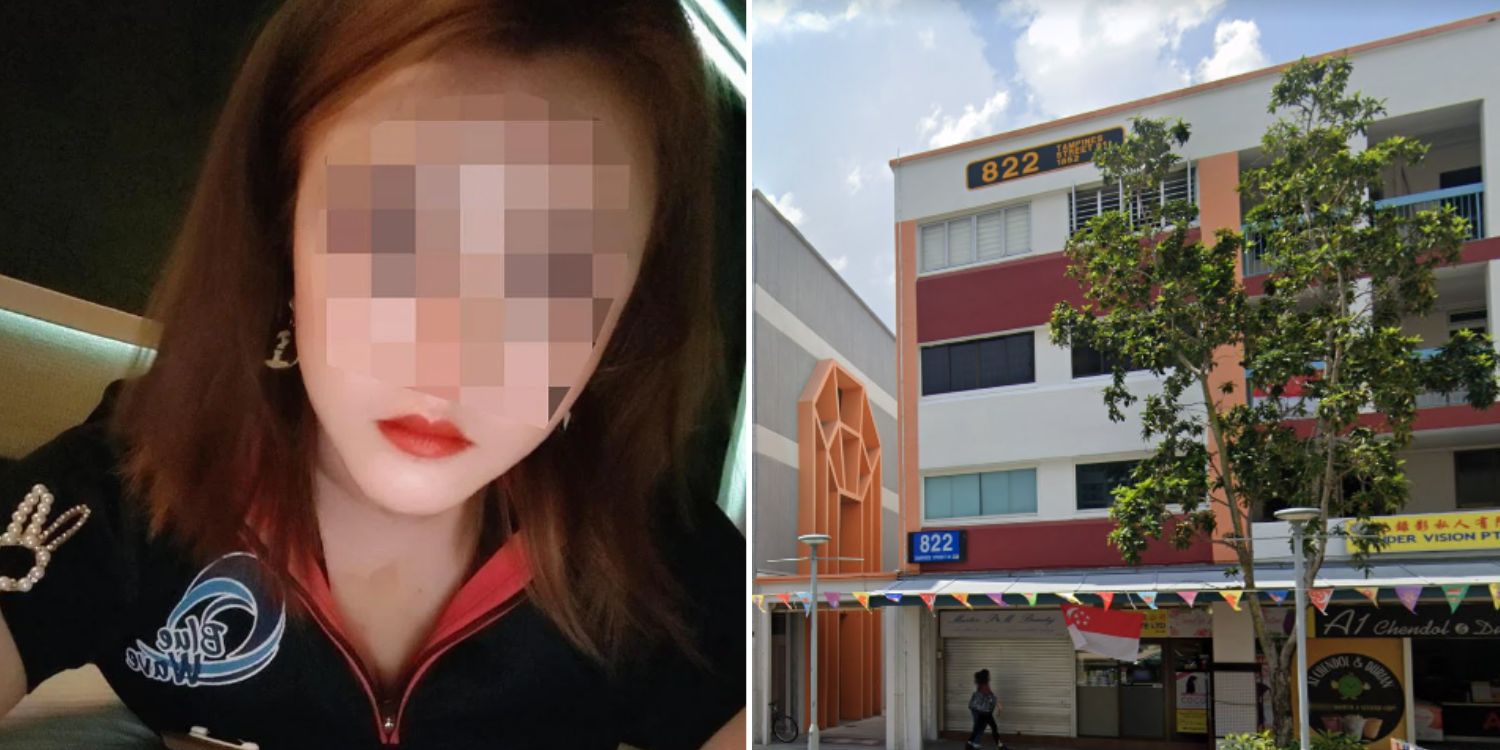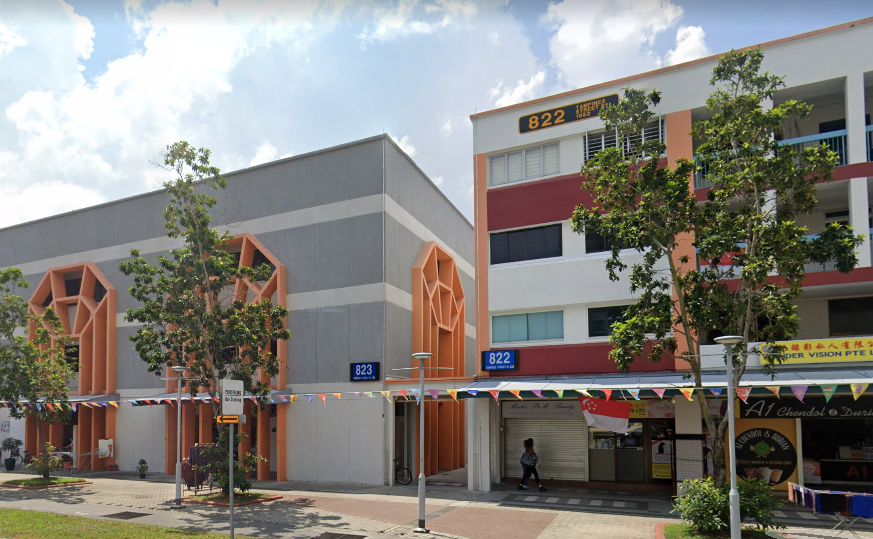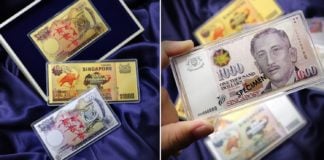Tampines Masseuse Pays Boss To Take More Leave Days, Part Of Contract
It’s important for employees to be able to take leave so they can get proper rest, or attend to urgent emergencies. However, it’s unusual that employees have to pay their companies to take additional leave days.
Such was the case for this masseuse in Tampines, who allegedly had to “buy back time” by paying her boss S$50,000 to take more leave days.
She was told this practice was common in the industry and was part of her contract before she joined the massage parlour.
Tampines masseuse pays boss for additional leave days
According to Shin Min Daily News, the masseuse, 26-year-old Ms Li, started working for the massage parlour in July 2021.

Source: Shin Min Daily News
The parlour is located at Block 822, Tampines Street 81 and the working hours were from 9am to 10.30pm daily.
Ms Li’s contract stated that her salary was S$800 a month. However, she discovered later that her salary was actually at a rate of S$13 per hour for a massage.
“I spend about five or six hours a day massaging clients, and sometimes up to nine hours or more,” she explained. This worked out to about S$3,000 monthly.
However, if her work was not ‘up to standard’, her employers would deduct S$800 a month. This left her with a monthly income of around S$2,200, she said.
Except for the two rest days per month, employees need to pay the company if they took leave for any other reason. This practice was commonly known in the industry as “buying back time”.
According to Ms Li, the massage parlour charges customers S$105 for two hours, which was later increased to S$108.
Following this rate, if she wanted to take a leave of absence for a day, she would have to pay her company a 12-hour service fee, which amounted to S$648.
Paid S$52,000 to boss for more leave days
After four months of work, Ms Li started to have back problems and had to visit a doctor.
As she had to settle her medical issues, rest at home, and work through a breakup, she requested for 80 days of leave. In total, she paid S$52,000 to the company.
During her employment, “buying back time” cost more than the amount she earned, she said.
Previously, she worked as a customer service staff and it was her first time working as a masseuse. As she could no longer endure the “vacation system”, she officially resigned on 17 Jan.
Requested for compensation
Ms Li claimed that she was introduced by a third party to work at the massage parlour, and also paid them an intermediary fee of S$2,000.
When she signed the contract, she was unaware of the amount she needed to pay for extra days off. In her opinion, she believes that companies should fire employees instead of using the “vacation system” for those who often take leave.
After her resignation, she attempted to request for the s$52,000 as compensation. However, she has been unsuccessful so far.
Speaking to Shin Min Daily News, the owner of the massage parlour, Ping Cai (name transliterated from Chinese), said that Ms Li would often take sick leave.
The latter wanted to rest after taking the two monthly rest days and sick leave. Furthermore, she would offer to transfer money to the counter staff although no one asked her to, she added.
Ping said that Ms Li would transfer the money to the staff in exchange for cash. Not all of the money was used to “buy time back”, she said.
Besides that, the company would accommodate employees who need to take leave urgently.
“Except for her, no one in the store has been taking leave,” Ping said.
Apparently, the practice of “buying back time” is not a common practice, reports Shin Min Daily News.
While it has been heard of, the practice depends on the arrangements of individual massage parlours.
Have news you must share? Get in touch with us via email at news@mustsharenews.com.
Featured image adapted from Shin Min Daily News & Google Maps.

Drop us your email so you won't miss the latest news.











